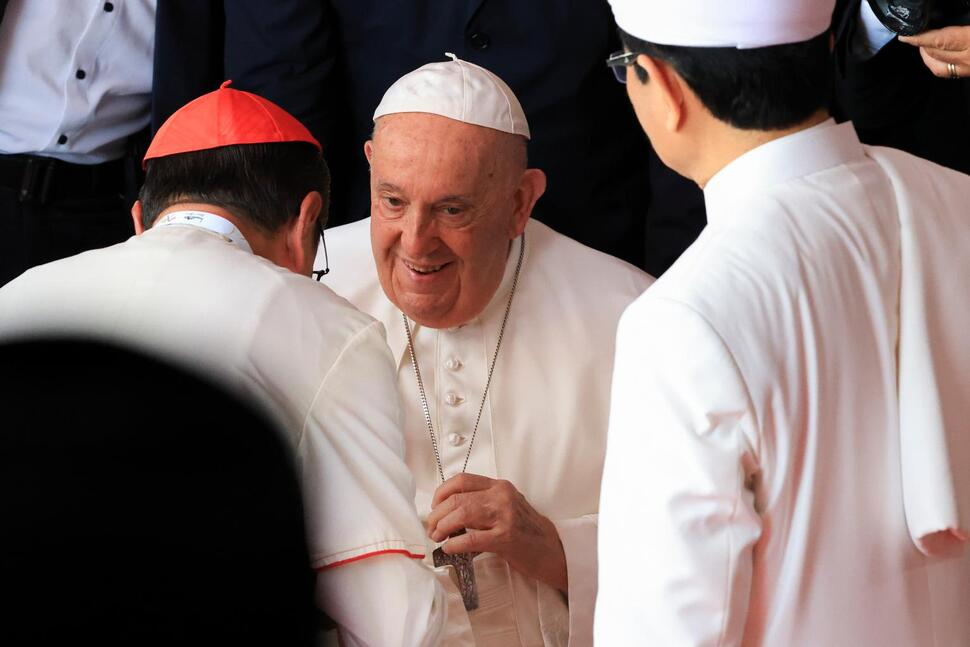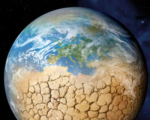Pope Francis Advocates for Climate Action and Interfaith Harmony During Historic Visit to Indonesia’s Largest Mosque

Pope Francis, continuing his mission to foster interfaith dialogue since the beginning of his papacy in 2013, visited Southeast Asia’s largest mosque in Jakarta, Indonesia, on Thursday, where he emphasized the importance of battling climate change and religious extremism as shared global causes, in a joint statement with Grand Imam Nasaruddin Umar, the Pope underscored that dehumanization and climate change are two of the most pressing global crises, calling for religion to play a key role in safeguarding human dignity and promoting peace, while also condemning the misuse of religion to fuel violence and conflict, he linked environmental destruction to human exploitation of the Earth, noting the disastrous consequences such as global warming and unpredictable weather patterns, his visit to the Istiqlal Mosque, the largest in the world’s most populous Muslim-majority nation, comes as part of his broader bridge-building efforts with the Muslim world, following similar visits to Egypt, Morocco, and the UAE, in addition to addressing environmental concerns, the Pope’s trip to Indonesia—where about 87% of the population practices Islam—shined a spotlight on religious minorities, including the 8.6 million Catholics in the country, the Pontiff’s remarks and actions, including listening to Islamic prayers recited by a young blind girl, symbolized his ongoing commitment to fostering interfaith harmony, yet his presence also brought attention to the challenges faced by religious minorities in a country that has largely embraced religious plurality, although sporadic religious violence, such as church bombings in recent years, has marred the country’s reputation for tolerance, the visit is viewed as a sign of hope by local Catholics and an opportunity to promote mutual love, respect, and tolerance, as the Pope continues his longest papal trip to date, which includes stops in Papua New Guinea, East Timor, and Singapore, his message of interfaith cooperation and shared responsibility for tackling global issues like climate change continues to resonate with diverse audiences across the world.





















